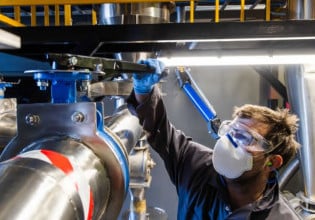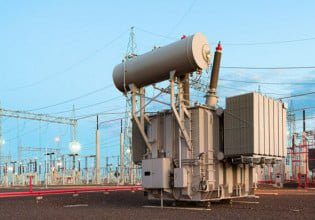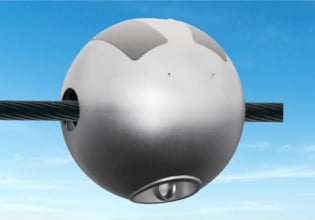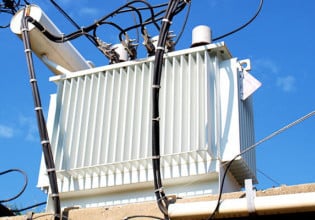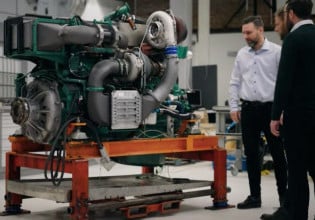Plug Power Inc. and Ballard Power Systems have been awarded a $2M program by the U.S. Department of Defense (DoD) to develop an advanced prototype PEM fuel cell system to support Defense Continuity of Operations (COOP). Under this program, Plug Power and Ballard will jointly develop a next-generation prototype PEM fuel cell power solution to be used in backup power applications.
Plug Power will act as the systems integrator, using a Ballard fuel cell stack for evaluation and potential use in COOP programs for the U.S. Department of Defense and Department of Homeland Security.
"The collaboration with Ballard Power Systems supported by the Department of Defense combines key strengths from both our companies," said Dr. Roger Saillant, President and CEO of Plug Power. "This project affirms Plug Power's commitment to leverage partnerships and explore all avenues in developing the best fuel cell solutions for its customers."
The project represents the first phase of Plug Power-Ballard collaboration and, if successful, could lead to further development work towards a portable, highly durable, extended-run, zero emission prototype backup power solution for COOP satellite locations. Fuel cell power could help ensure that these locations remain operational, even when other power sources have failed.
"Collaboration among fuel cell developers, systems integrators and governments will accelerate the commercialization of fuel cell technology," said John Sheridan, Ballard's Chairman of the Board and Interim President and Chief Executive Officer. "Supplying Plug Power with our fuel cell stack strongly supports our strategic decision to focus our efforts on fuel cell development, leaving the systems integration to others."
COOP planning refers to the internal efforts of an organization, such as a branch of government, department or office, to assure that the capability exists to continue essential operations at dispersed locations in the aftermath of any operational interruptions. Potential applications for fuel cell backup power could include running computers, telecommunications equipment and other small office systems.


